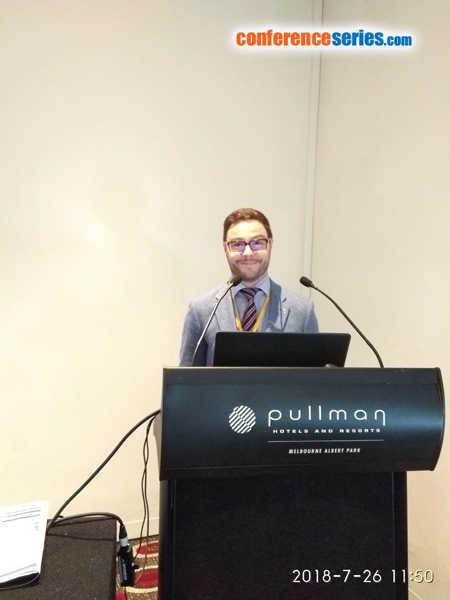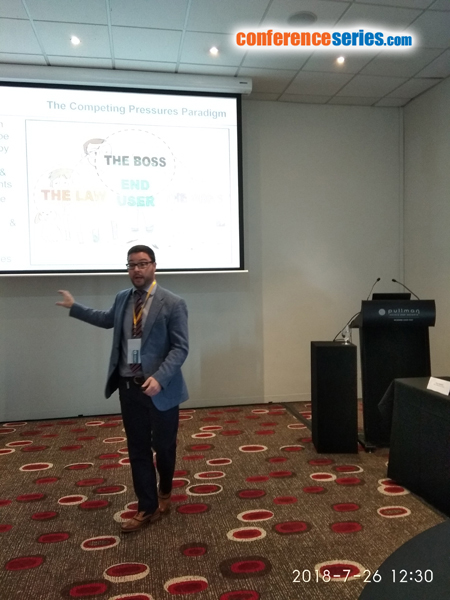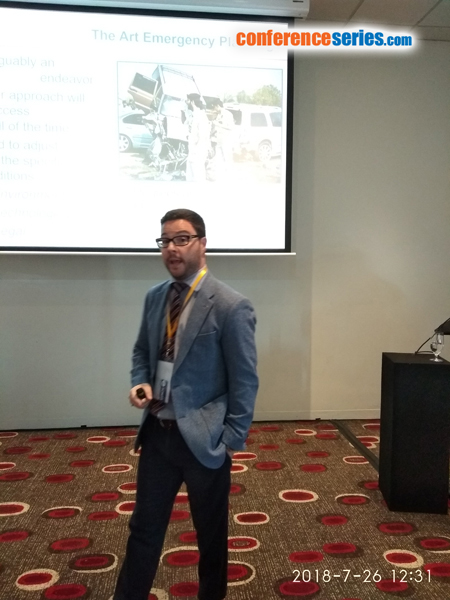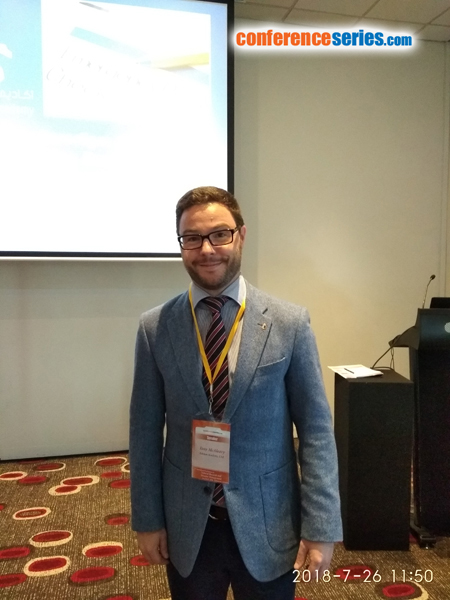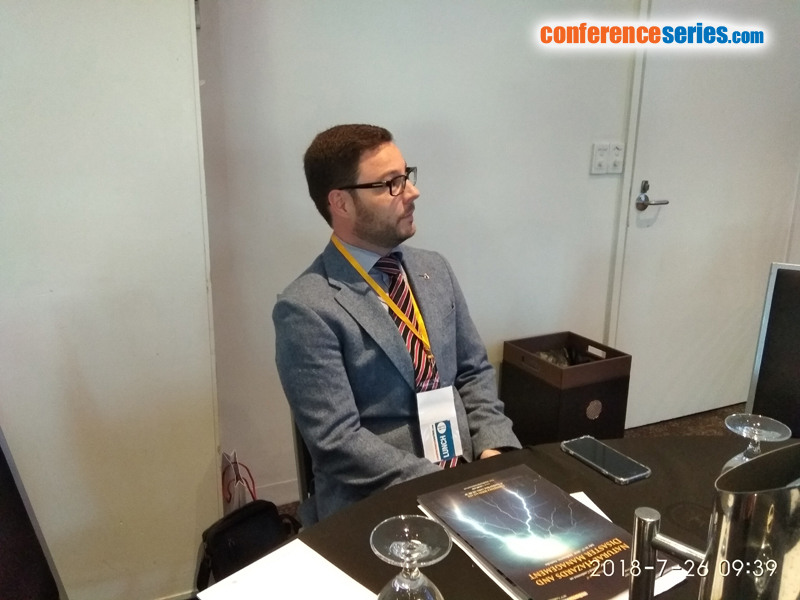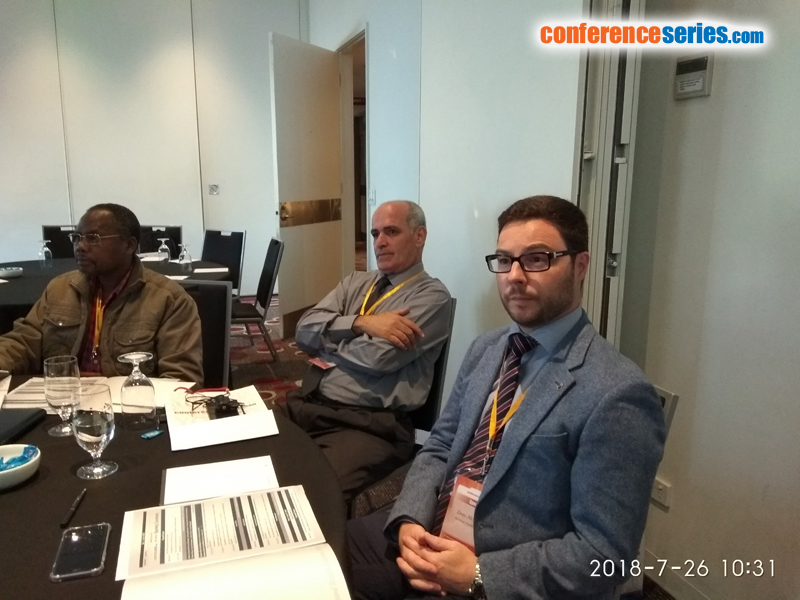
Tony McAleavy
Rabdan Academy, United Arab Emirates
Title: The Competing Pressures Paradigm (CPP): A Conceptual Model for Improving Emergency and Business Continuity Plans
Biography
Biography: Tony McAleavy
Abstract
Disasters and catastrophes are becoming more frequent and devastating in terms of deaths and financial losses. This requires an ever vigilant approach to enhancing our preparedness for such eventualities. The two dominant streams of preparedness are the risk and vulnerabilities approaches, which are used in various forms around the world. This paper focuses on emergency and business continuity planning, a staple of the risk-based approach. An applied model for enhancing the effectiveness of all-hazards emergency and business continuity planning is presented.
The Competing Pressures Paradigm (CPP) is a conceptual model that combines academic and practitioner best-practice, drawn from emergency and business continuity planning, and visual methodology. The diagrammatic model draws out 3 core issues, namely legislative (the Law) and organisational compliance (internal and multi-agency) and managerial preferences (the Boss), which are critical to securing plan sign-off. Planners are required to juggle, and more often than not satisfice rather than satisfy, these diverse pressures in order to secure the necessary authorisations. However, meeting these requirements does not guarantee that a plan will work in practice. The CPP encourages greater focus on two critical ancillary but, sometimes forgotten pressures and pro-active strategising to address the competing pressures. Firstly, the needs of the plan’s end-user(s), which can be overlooked whilst focusing on legislative and organisational issues. Compliance requires depth and technical language, rather than an action oriented user-friendly approach that can be readily employed under stress conditions. Secondly, greater focus on the needs of survivors as the primary driver of the planning process which, is required to ensure that the life, property and environment ethos is not over-shadowed by other pressures. The CPP promotes critical review of and a proactive approach to management of these five competing pressures to engender more effective planning, and ultimately greater response efficacy.
Speaker Presentations
Speaker PDFs
Speaker PPTs Click Here

